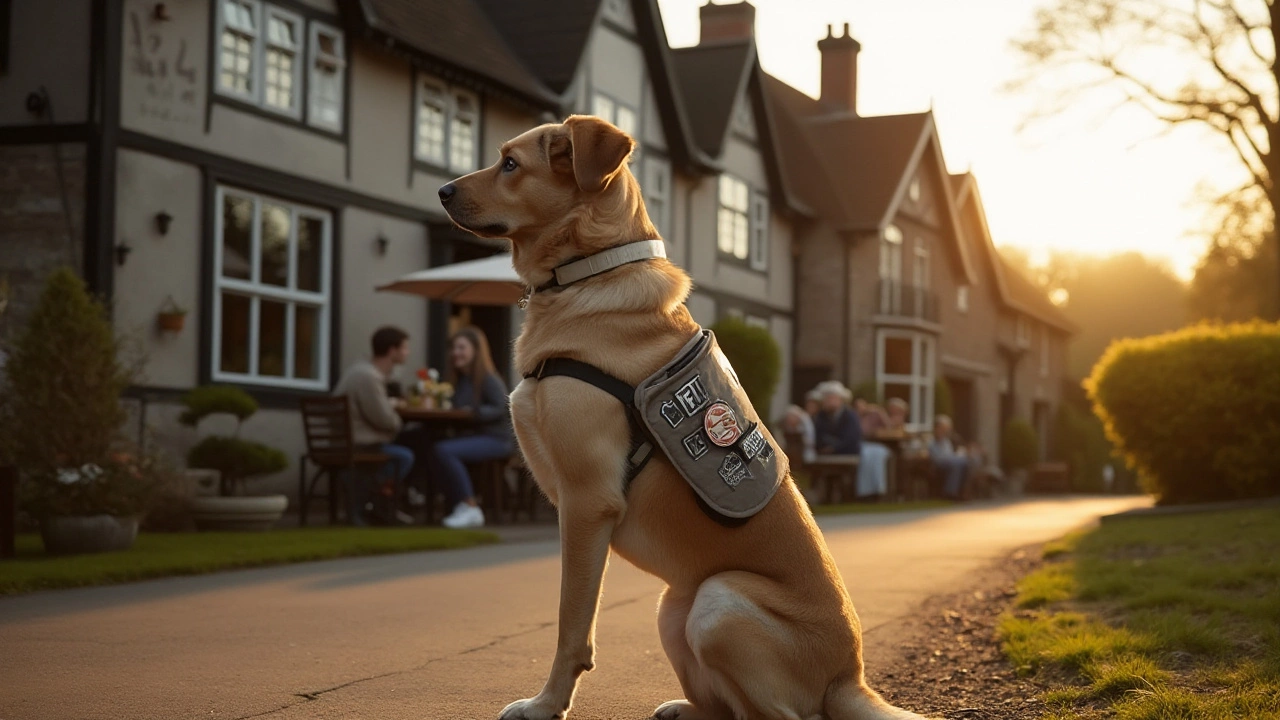Service Animals – What They Are and Why They Matter
If you’ve ever seen a dog in a jacket with a badge, you’ve probably met a service animal. These dogs (and sometimes other pets) are trained to help people with disabilities live more independently. In the UK, service animals have specific legal protections, and understanding them can make life smoother for both the handler and the public.
Service animals aren’t just cute companions. They perform tasks like guiding the visually impaired, alerting someone to a seizure, or fetching medication. Because of this work, they’re allowed in many places where ordinary pets aren’t – restaurants, public transport, and some shops. Knowing your rights and responsibilities helps avoid awkward moments.
Key UK Laws You Should Know
The Equality Act 2010 says that people with a disability have the right to be accompanied by a service animal in most public spaces. This doesn’t mean businesses can’t set reasonable limits, but they can’t refuse entry just because a dog is present.
When you’re asked for proof, you can show a training certificate or a simple identification tag. You’re not required to provide medical details. If someone objects, politely remind them of the law and ask for a manager if needed.
Training Basics for Service Animals
Training starts with basic obedience – sit, stay, come – and moves into task‑specific work. Professional trainers usually follow a step‑by‑step program that includes socialisation, scent work, and public access training. If you’re thinking of training your own dog, start with a solid obedience foundation and then add the specific tasks you need.
Consistency is key. Short, frequent sessions work better than long, occasional ones. Reward the dog with treats or praise the moment it does the right thing. Keep the training environment calm and free of distractions until the dog is comfortable.
Regular health checks are part of the job. A service animal must be up to date on vaccinations, have a healthy coat, and be free of parasites. Over‑working a dog can lead to burnout, so give it plenty of rest and mental breaks.
Traveling with a service animal is usually straightforward. Airlines in the UK often allow a service dog in the cabin without an extra fee, but you’ll need to provide a health certificate and proof of training. At airports, look for the designated assistance animal relief area to give the dog a quick bathroom break.
Public etiquette matters too. If a service animal is working, keep your distance and avoid petting or offering food. Most handlers appreciate a nod or a simple "thank you" but respect the animal’s focus.
Living with a service animal at home is like having an extra family member. Provide a comfy bed, regular exercise, and a balanced diet. Rotate toys to keep the dog mentally stimulated. A happy dog is a more effective helper.
When you’re ready to recruit a service animal, consider reputable organisations such as Guide Dogs for the Blind or dogs for disabilities charities. They can match you with a dog that already has the right training, saving months of work.
Remember, service animals are not just pets – they’re working partners. Knowing the law, training basics, and everyday care tips helps you get the most out of this special relationship.
- Morgan Ainsworth
- 0 Comments
How to Approach Questions About Service Dogs on Dog Friendly Holidays
Understanding the etiquette surrounding service dogs is important for anyone planning a dog-friendly holiday. This article explains the legal and social considerations when inquiring about a service dog. It also provides tips on how to recognize legitimate service animals and respect their important role. Exploring these aspects will help contribute to a more inclusive and enjoyable experience for all.
View More
